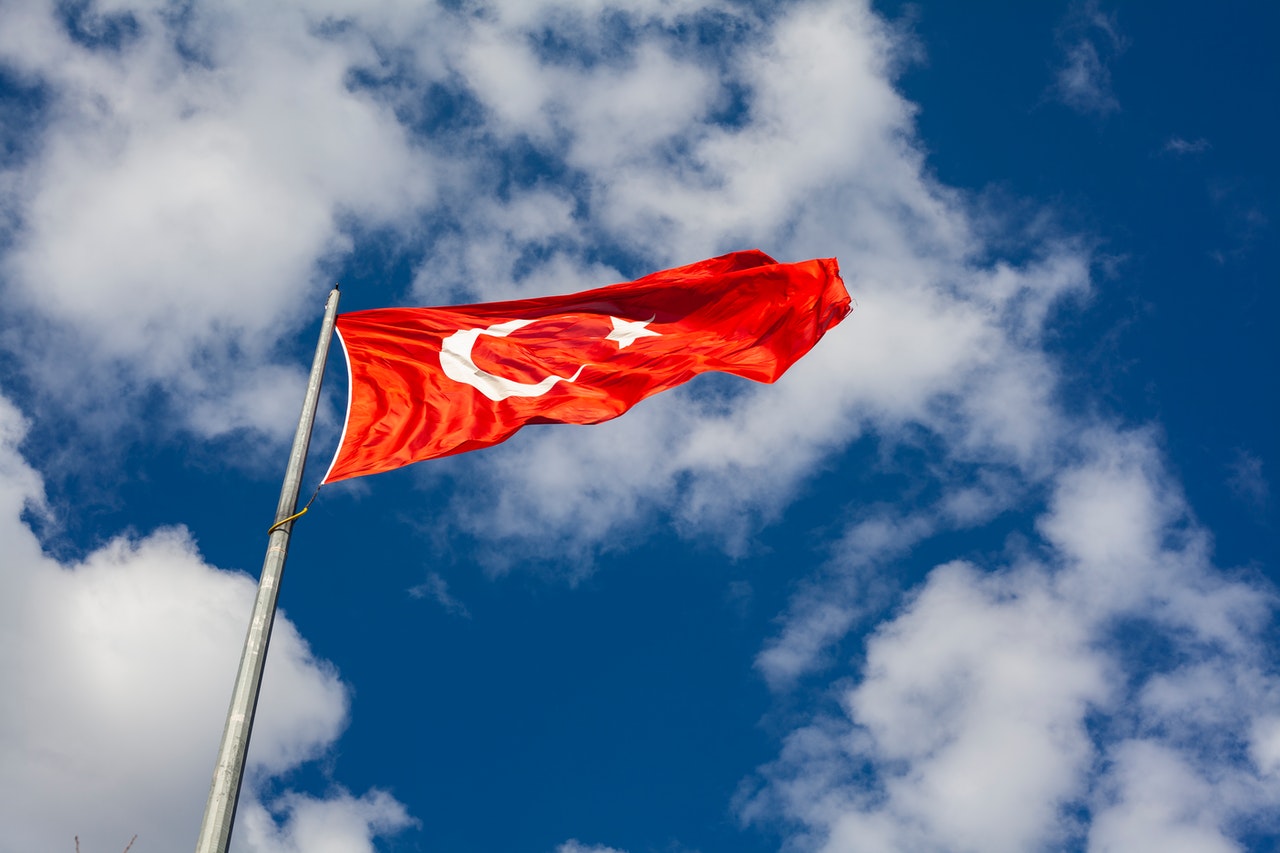Uncertainties arising from the Russia-Ukraine war, which harmed global economy dynamics in 2022, continued to shadow the outlook for 2023, amid an ongoing supply-demand imbalance and protectionist approaches in the steel sector, according to some top Turkish steelmaker executives.
The war’s duration and energy prices were the top uncertainties for 2023, Colakoglu CEO and Turkish Steel Exporters’ Union Vice President Ugur Dalbeler told S&P Global Commodity Insights Dec. 15.
“On the other hand, the relative decline in inflation figures in the US and the slowdown of the rise in interest rates, amid concerns for the decline seen in growth rates and shrinkage in demand, could bring some movement to the market in the coming months,” he said.
A supply-demand imbalance and falling steel prices due to sanctions narrowing Russia’s playground, however, remained the most important topics for the steel sector, Dalbeler said.
“A balance could be reached in Q1,” he said. “However, as raw material and energy costs seem to remain higher than the rise in sale prices, the profitability could continue to remain low in 2023.”
Turkey’s energy prices rose fourfold year on year in 2022, increasing their share of mills’ total production costs to 28%, up from 8% a year ago, according to Turkish Steel Producers’ Association, or TCUD, data.
The US and the EU were expected to remove protection measures against Turkey in 2023, following the World Trade Organization’s Dec. 9 panel decision that US steel and aluminum tariffs were inconsistent with international trade obligations, TCUD General Secretary Veysel Yayan said in a Dec. 14 statement to local media.
TCUD was expecting the same move from the EU, as the WTO took a similar decision on April 2022 regarding the EU’s protectionist measures started on 2018, he said.
“The EU asked for time from the WTO until Jan. 15, 2023, for the conformity of their measures to the WTO rules. However, their decision still remained uncertain,” Yayan said.
Protectionist measures, low priced imports and slow demand have been pressuring Turkish steel pricing.
Weekly Turkish hot-rolled coil was assessed by Platts, part of S&P Global, at $650/mt ex-works Dec. 9, down from an intrayear high of over $1,200/mt reached mid-March.
— Cenk Can






